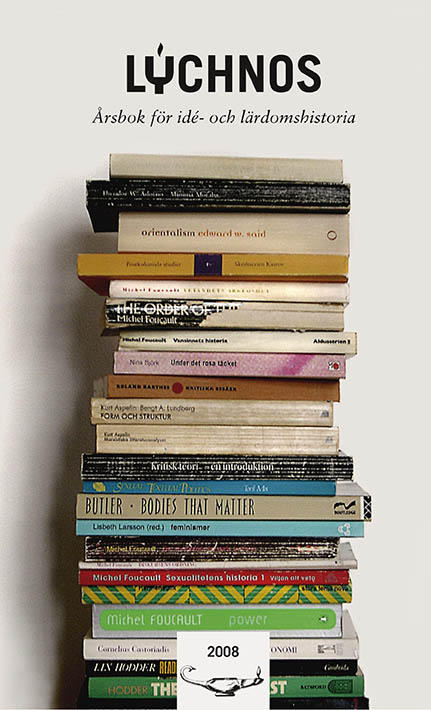Att se historien på nytt
Leopold Ranke och historievetenskapens utveckling
Abstract
The idea that there was a process of ”scientificisation” of historical research and writing in the late eighteenth and early nineteenth centuries is largely undisputed. Yet, as influential meta-historical analyses such as Droysen’s lectures on Historik make clear, there was no experience of consensus concerning the meaning and nature of ”scientific history”. Different kinds of interests – political, religious, existential – were integrated in the study of history, and led to a variety of approaches and ideals.
In this article, one of the most influential of these approaches, that of Leopold Ranke (1795–1886) is outlined. While it has been a commonplace assumption among commentators that Ranke’s study of history amounted to a search for God or ”divine ideas”, there is little support for this notion in Ranke’s works. Using Ranke’s Französische Geschichte as example, the article attempts to develop a new interpretation of the interests and intentions that shaped Ranke’s approach to history.
The starting point of this interpretation is Count Yorck’s observation that Ranke’s works are characterised by their ”ocularity”, that is, the contemplation of the past as a spectacle. For Ranke, the past was, above all, life; and his attempts at innovation in terms of research, writing, and overall attitude towards the past might all be seen as parts of the same effort to capture and communicate as much of this life as possible.
Although this effort had little to do with theology, it nevertheless had an existential significance: by widening the circle in which life in the present was lived, the human existence gained new depth and intensity. His- tory, in this way, contributed to ”the perfection of the human mind” (Ranke).
Downloads
Publicerad
Nummer
Sektion
Licens
This work is licensed under a Creative Commons Attribution 4.0 International License. The copyright for the work published in Lychnos remains with the authors.


